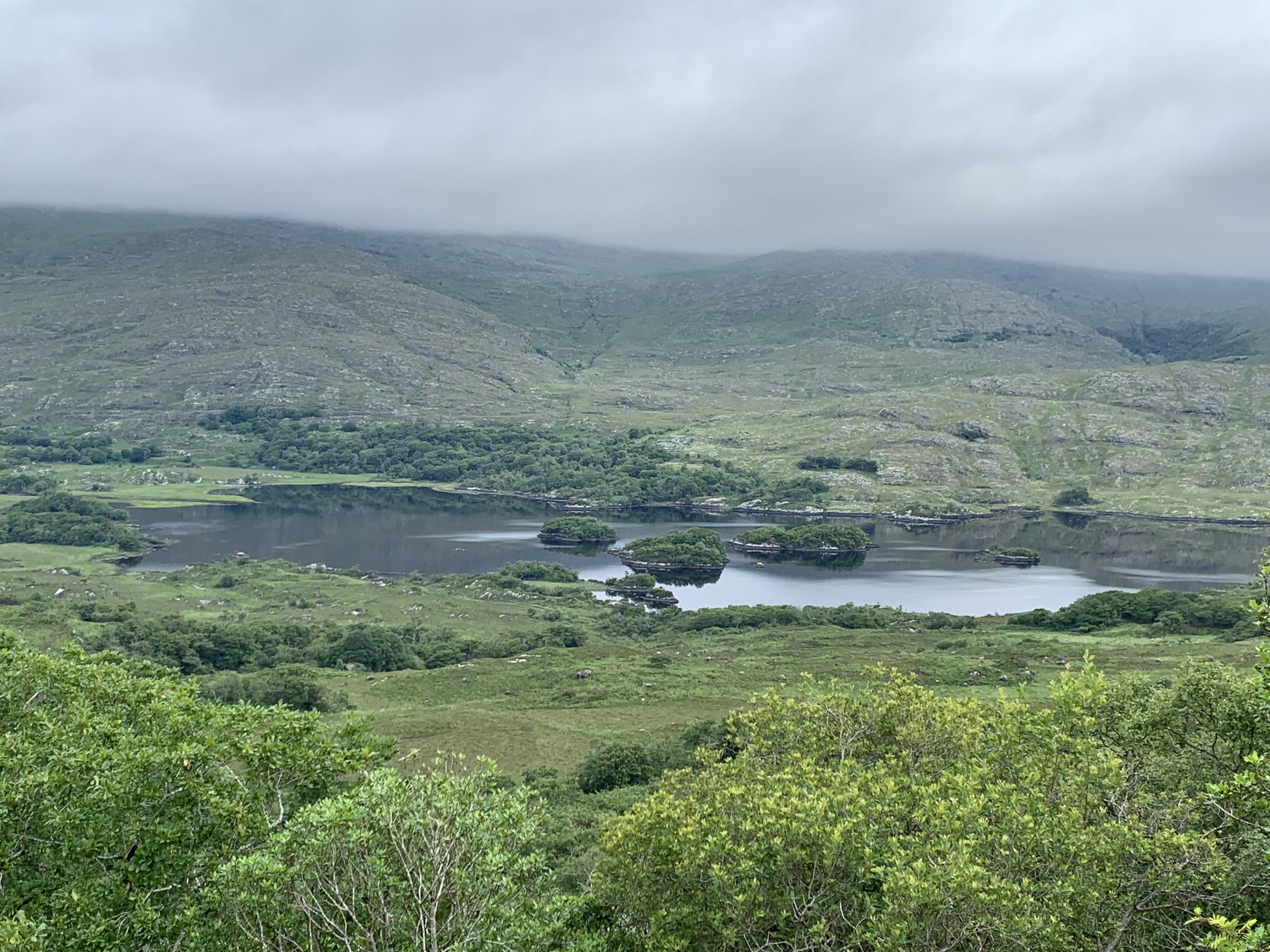
articles
Several of the articles chosen here are written by colleagues I hold with high esteem. These expand on the Existential- Humanistic perspective in regard to mental health, and the therapeutic use of poetry toward understanding and healing both individually and collectively. Keep an eye on these articles as new ones will appear to explore more topics of living.
What we achieve inwardly will change our reality.
Otto Rank (1884-1939)
Existential Humanistic Therapy Fundamentals
Nader Shabahangi, PhD, and Nance Reynolds, PhD, LCSW (March 2022)
The goal of the article written by Nader and myself for a presentation to Mt. Zion medical center in NY is to summarize the main underlying values of EH therapy. These are unique in regard to the direction more mainstream psychology has taken. We outline five fundamental values and practices in this article and discuss each one briefly. I hope you enjoy and learn from this article. The discussion provided rich, compelling and lively discussion from many experienced therapists!
tom greening tribute
By Dr. Nader Shabahangi and Dr. Nance Reynolds (June 2023)
There is so much to say about Tom, all his accomplishments and myriad of contributions he has made to humanity throughout his life, his amazing poetry he gave away freely. But it was not through poetry that I first learned of Tom over thirty years ago. It was by listening to a lecture he gave.
the case for existential psychotherapy
Kirk Schneider PhD (2010)
Most of our troubles as human beings are traceable to one overriding problem: our suspension in the groundlessness of existence.
can a poem be healing?
Louis Hoffman PhD (2018)
As long as people suffer, there will be poetry. But why are people drawn to poetry when they hurt?
does psychotherapy work?
Bob Edelstein, LMFT, MFT (1994)
Our culture has the tendency to label, dichotomize, compartmentalize and objectify. For example, we are either “sick” or “well”. A way to break out of these confining categories is to view existence as a continuum.
The Value of Existential Guilt
Bob Edelstein LMFT, MFT (First published in Psychology Today November 11, 2022)
The article The Value of Existential Guilt, written by therapist, Bob Edelstein is thought provoking and helpful in bringing increased awareness to feelings of guilt. Guilt is a part of our inner and outer world throughout time, and in some places it may become overly weighted, and in others minimized too much.
In this article, the author gives us a construct to reflect upon- that these avenues of experiencing guilt ebb and flow.
Through knowing ourselves and allowing self -reflection, we are able to articulate and explore ways to imagine, regulate, and learn from our guilt feelings.
further reading
Existential Humanistic Institute www.ehinstitute.org
National Association of Poetry Therapy www.poetrytherapy.org
University Professors Press www.universityprofessorspress.com
Existential Humanistic NW www.ehnw.org
The Center for Partnership Studies https://centerforpartnership.org
National Association of Social Workers www.nasw.org
Society for Humanistic Psychology www.apadivisions.org
Oregon Humanities www.oregonhumanities.org
Corps of Depth Healers www.corpsofdepthhealers.com






